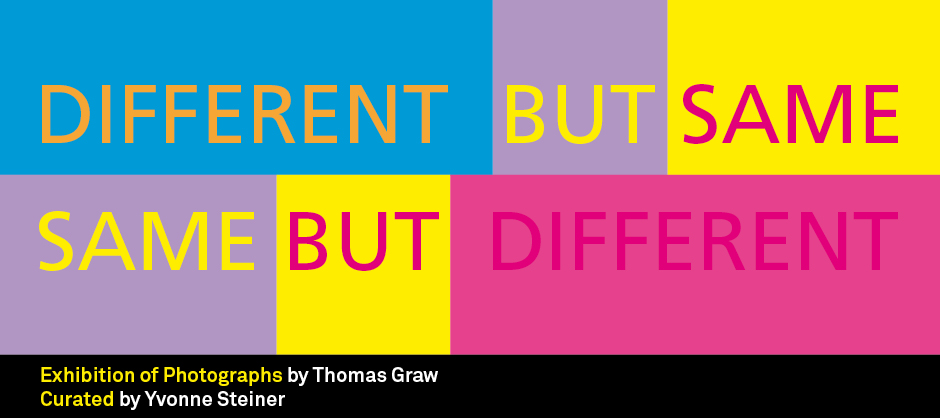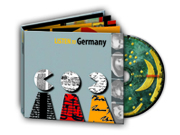
Our globalized world is dominated by a huge trend – the trend towards individuality.
Being distinctive is what counts in commercial life; being different is what attracts attention in our society. We want to stand out from the crowd; we want to emphasize our individuality and personality; we want to present ourselves as the best choice.
This has been our legacy for hundreds of years. Human (and therefore social) diversity is what makes the world we live in vibrant and interesting.
However, we cannot look upon our cultural richness or the diversity on earth with the respect, interest and impartiality that is needed, nor can we draw benefits from the global world so long as we fail to recognize and accept the equality of all mankind.
Emphasizing individuality in a negative sense leads to the separation and segregation of isolated peoples who would often be barely able to survive without third-party support.
Humans are a sophisticated species and adapt well to their respective environments. The solutions or concepts which have been developed to cope with these environments are lived out in varying degrees of subtlety. Globalisation only works because we humans are fundamentally similar the world over and because we have increasingly similar ways of looking at problems right from birth, throughout our existence and, ultimately, our death.
There is no contradiction in terms between cultural diversity and “we”-consciousness.
We need the consciousness of what we are i.e. all one of a kind known as “Homo Sapiens”, the higher-ranking mammal in the order of primates, which has spread across the planet over the past 150,000 years.
Let us change the perspective. Let us change to cosmopolitanism and emphasize the unity of mankind AND cultural diversity together, in one world!
Reference with many thanks for the support of:
Prof. Dr. Christoph Antweiler
Ethnologist, Professor at the University of Bonn, IOA, Southeast Asian Studies
Scientific research: Human Universals, Urbanism, Cognition, Local Knowledge, Societal Evolution, Applied Anthropology
Regions: Southeast Asia, especially Indonesia

Audiobook “Listen to Germany”
A musically-illustrated journey through Germany’s culture and history from its beginnings to the present day with numerous musical passages, artistic booklet (Roswitha Roesch), time line and colorful illustrations.
Author: Corinna Hesse
Translation: Deanne Corbett, Mike Mühlberger
Narrator: Susan Bonney-Cox, Michael Lawton
Silberfuchs-Verlag: www.silberfuchs-verlag.de
(production in cooperation with Deutsche Welle)
The audiobook is published in the nation series of Silberfuchs-Verlag, which was awarded with the Annual Prize of German Record Reviewers.
